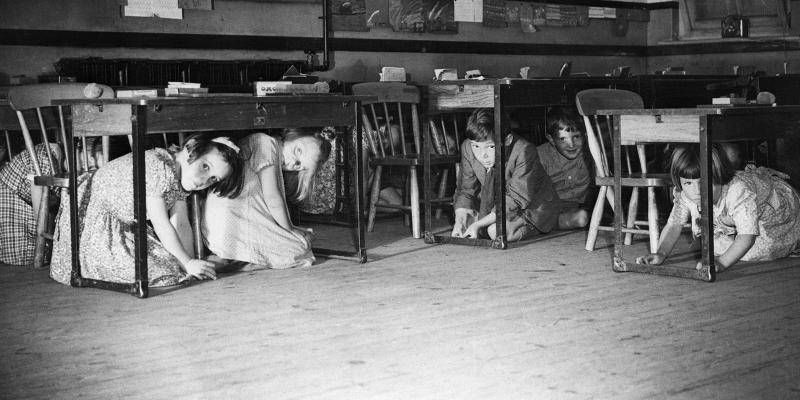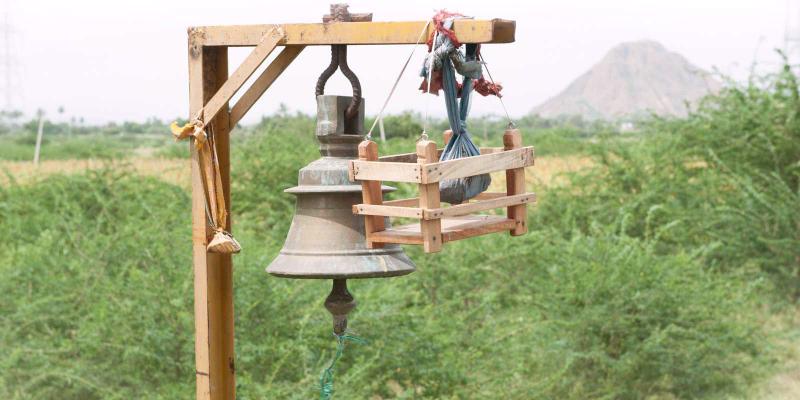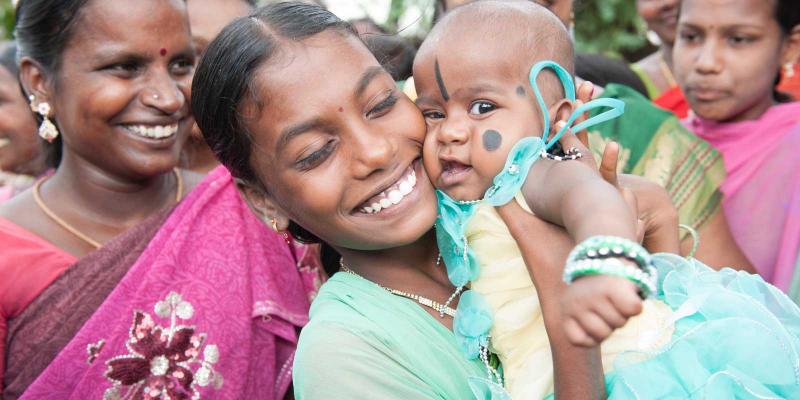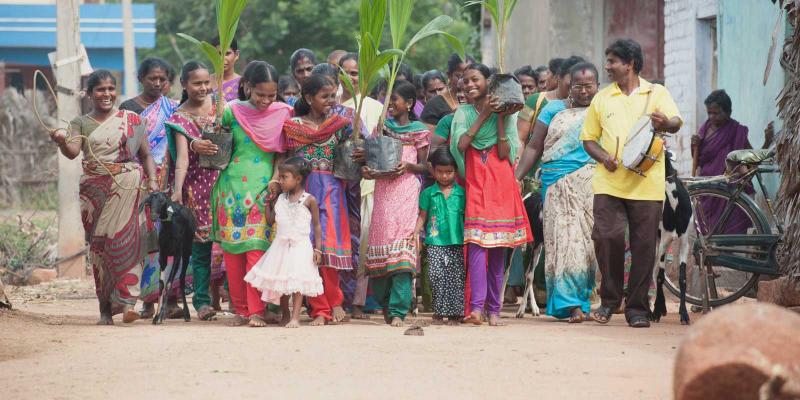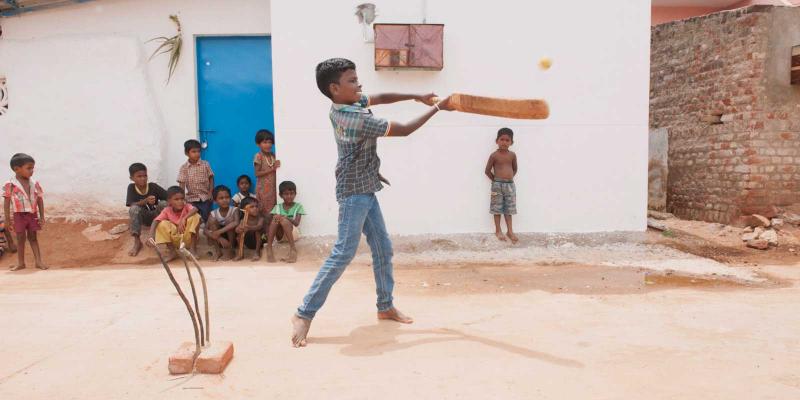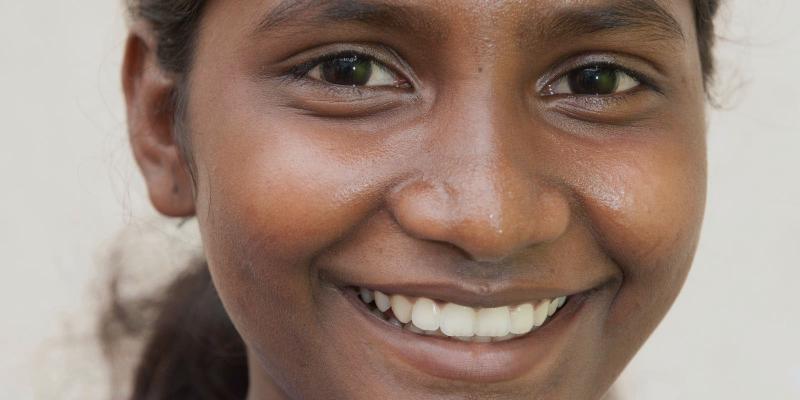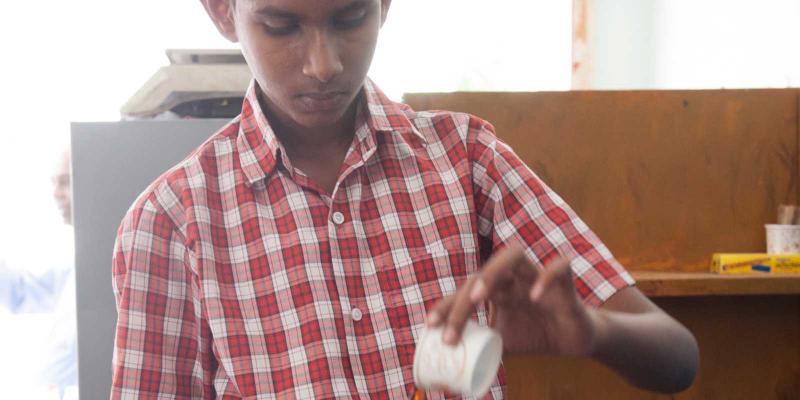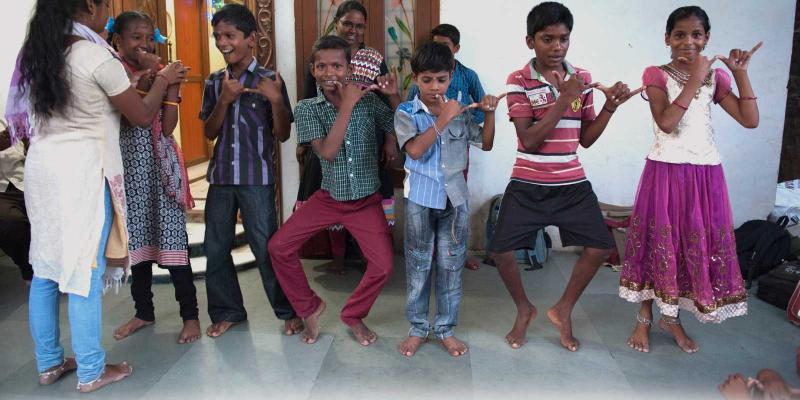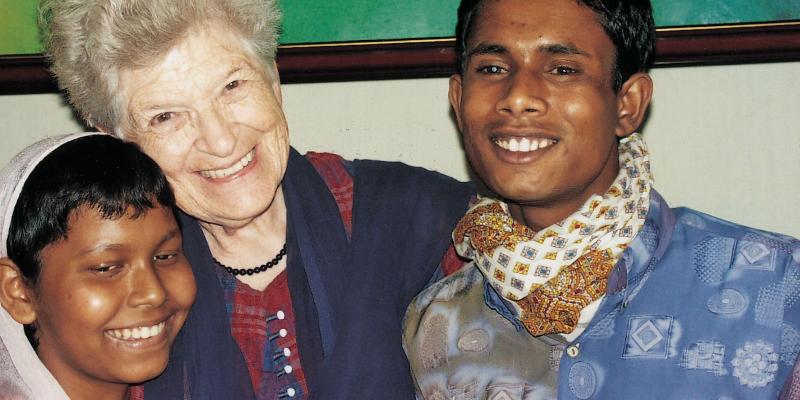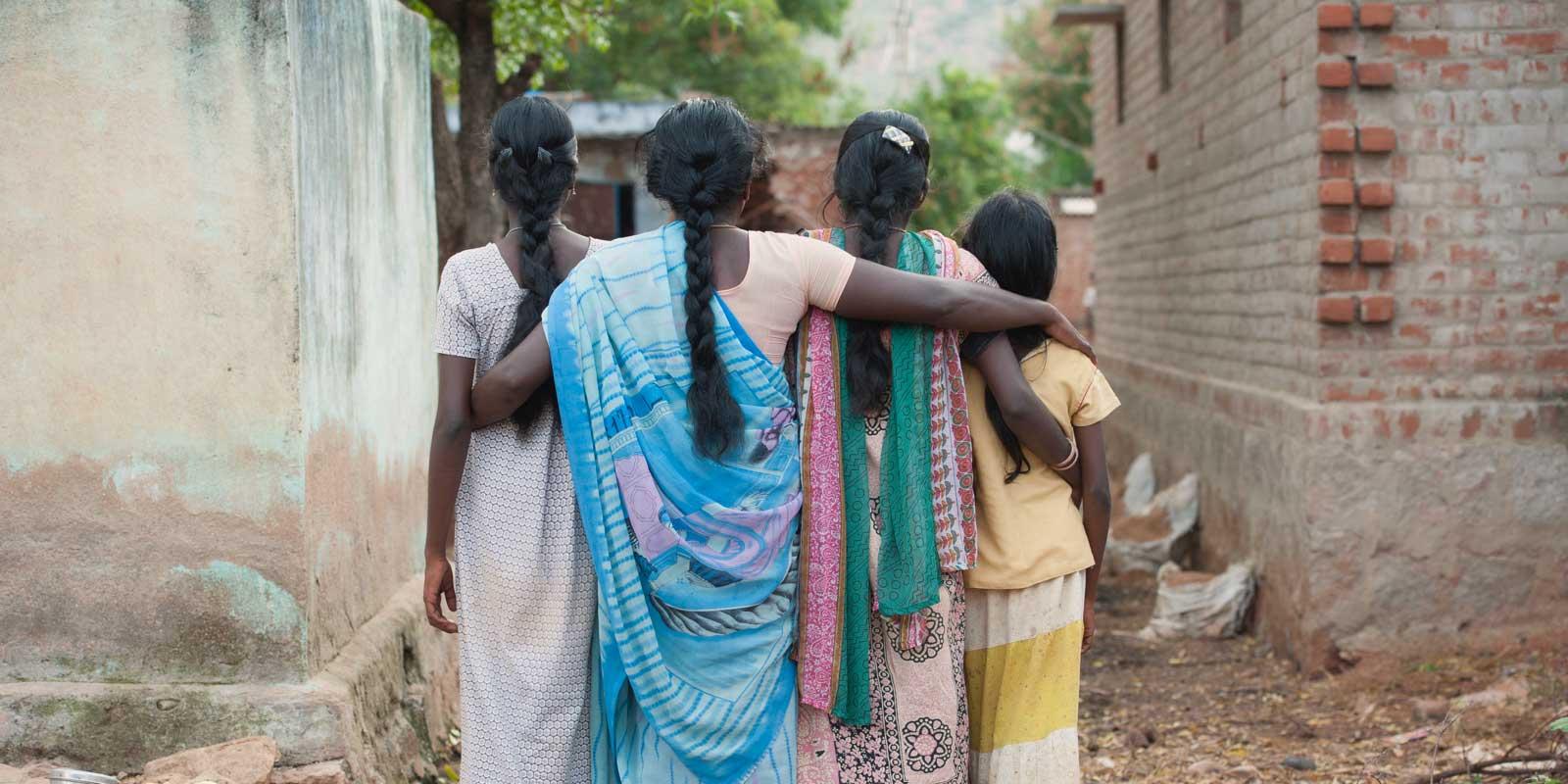
Saritha is nine years old when her sister Swati is married off by their parents. Swati is only 15 but looks older in her new clothes and jingling gold bracelets. The man she is marrying is almost twice her age.
The wedding goes on for several days, and Swati’s family have to pay for everything. The husband also demands a dowry in the form of money, household items and gold. Once the wedding is over, Swati moves in with her husband’s family in a different village. Now Saritha and her other sister Narthi, often have to go hungry. Their parents had to borrow money so that they could afford to marry off their oldest daughter. Almost everything they earn now goes to pay off the loan. Swati never comes to visit, and she hasn’t been to school once since the wedding, even though her husband’s family promised that she would be allowed to continue her studies.
Swati comes home One day, Swati turns up at home. She is crying, and looks tired and thin. “They beat me all the time,” she says. “I have to work like a slave, and they won’t let me go to school.” “It’s my fault. I married you off too early,” says her mother, who is crying too.”But the father sends Swati back to her husband. ‘ “If you don’t go back it will be a scandal!” he says worriedly.
When Swati has her first baby, it’s a girl. Her husband is furious, and demands more money. “You didn’t pay me enough to take this useless wife who can only give birth to girls,” he says. “I want a son!” Swati’s parents have no money left and two more daughters to marry off. Swati’s mother herself has given birth to five girls, but no sons. Two of the girls were killed at birth and are buried under the family’s dirt floor.
“They torture me every day.
If my next baby is a girl, they’ll kill her.”
Swati runs away
After three years, Swati runs away and comes home again, and now she refuses to return.
“They torture me every day. If my next baby is a girl, they’ll kill her.”
Swati’s mother, who in the meantime has joined the village women’s group, says: “You don’t need to go back. We have learned that there is a law that prohibits child marriage and dowries. If your husband causes trouble we’ll call the police.”
Swati’s mother and the women’s group help Swati to get job training to be a seamstress.
“Don’t get married too young, finish your education first,” Swati says to her sisters every day. “I’m never getting married,” says Narthi, 15. “I want to be a nurse, earn money, and take care of our family.”
“If they try to marry me off before I’m an adult, I’ll go to the police,” says Saritha.
Father’s change of heart
The father and other men in the village are also getting training and support to find better jobs. He asks Swati to forgive him.
“I didn’t know any better, and you suffered because of that. I won’t do the same thing to my other daughters.”
Their mother borrows money from the women’s group savings fund to buy a cow. The milk gives the family a secure income.
“In the past, our mother would never stand up to our father,” says Saritha. “Now she teaches other girls and women to stand up for their rights, and my father supports her! I want to be just like her!”
Text: Carmilla Floyd
Photo: Kim Naylor
Related stories
Långgatan 13, 647 30, Mariefred, Sweden
Phone: +46-159-129 00 • info@worldschildrensprize.org
© 2020 World’s Children’s Prize Foundation. All rights reserved. WORLD'S CHILDREN'S PRIZE®, the Foundation's logo, WORLD'S CHILDREN'S PRIZE FOR THE RIGHTS OF THE CHILD®, WORLD'S CHILDREN'S PARLIAMENT®, WORLD'S CHILDREN'S OMBUDSMAN®, WORLD'S CHILDREN'S PRESS CONFERENCE® and YOU ME EQUAL RIGHTS are service marks of the Foundation.



